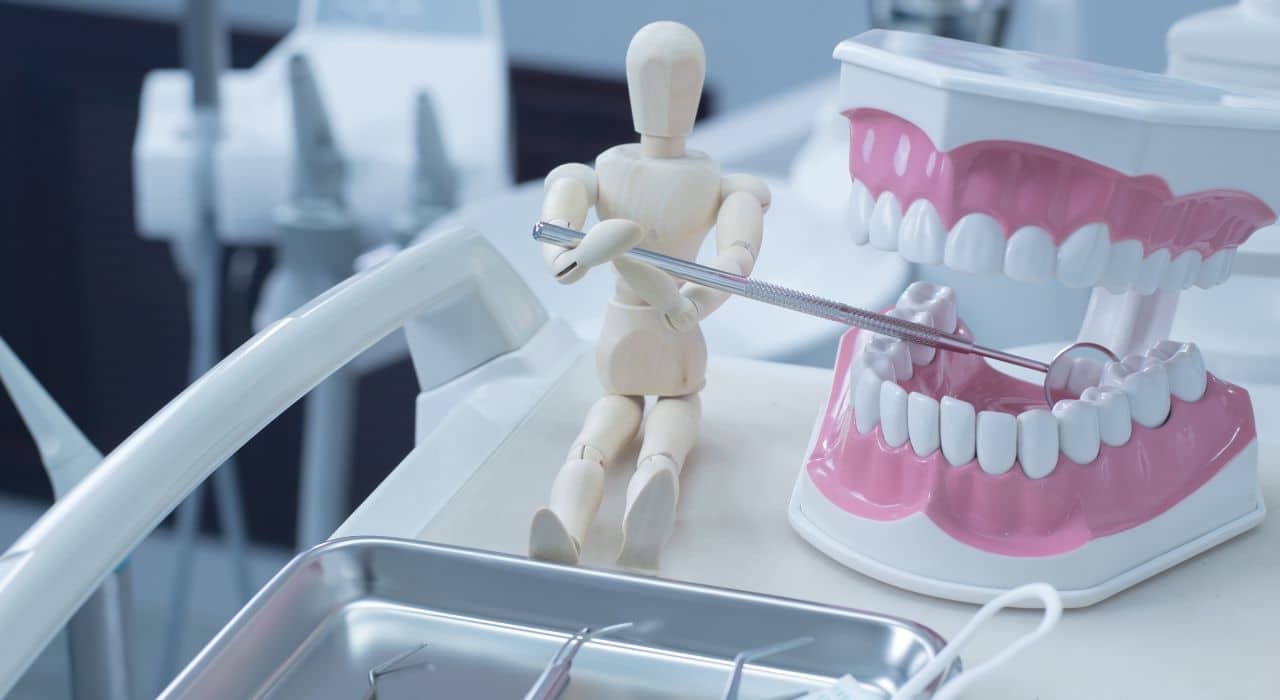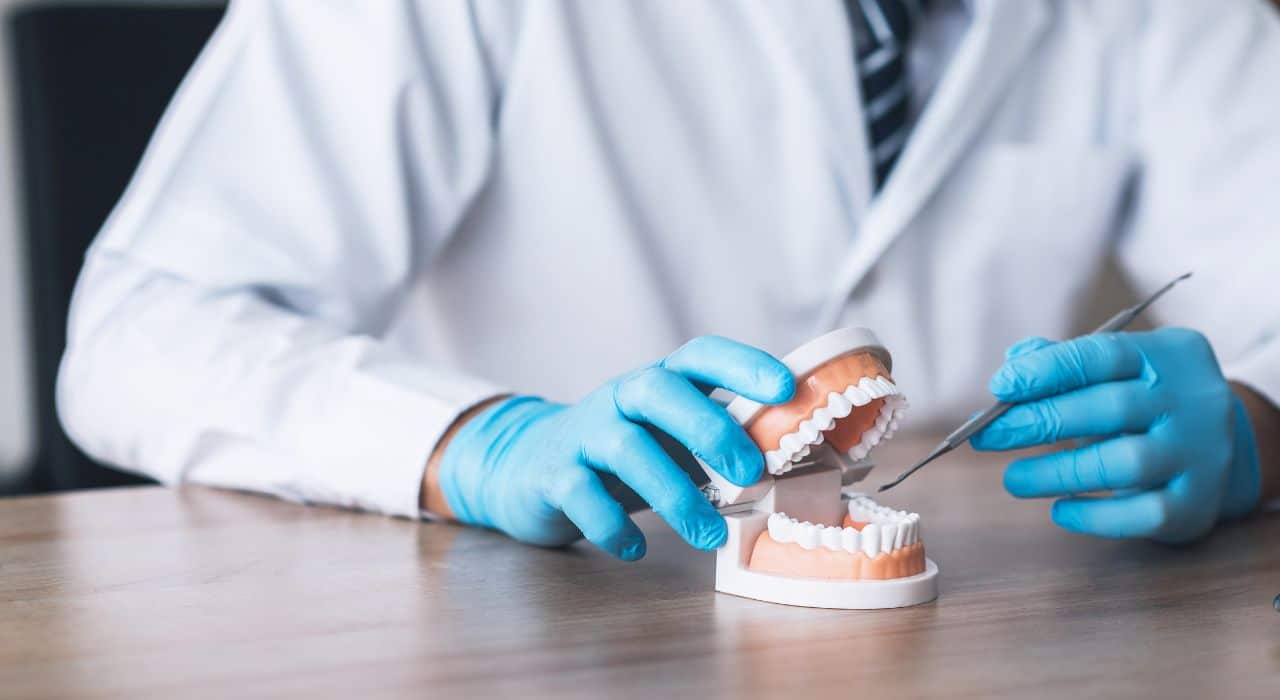Full-Service Lexington KY Dentist
Why choose a full-service dentist
When it comes to finding a dentist in Lexington, KY, you want the best quality service and care available. At Park Hills Family Dentistry, we offer comprehensive dental services designed to meet all of your needs from general dentistry to cosmetic and preventive treatments. As full-service family dentists dedicated to every member of your family’s oral health needs, we provide advanced and reliable dental solutions for all ages – infants through adults. Whether you’re looking for regular checkups or more specialized treatments like root canals or crowns, our experienced team is here to help!
Introducing Lexington’s Full-Service Dentist Office – Conveniently Located and Highly Experienced
Dr. Jinyoung Kim, Dr. Shelby Oberst, Dr. Allison Travis, and their team at Lexington’s full-service dentist office offer an unparalleled experience for dental care to the people of the area. Their office is conveniently located in a centralized area, offering easy access to those living within the city. Dr. Jinyoung Kim has years of experience providing top-notch dental services, including fillings, crowns, implants, dentures, and cosmetic dentistry. The team follows strict protocols to ensure patient comfort throughout each procedure. They strive to provide relief from common oral issues while making sure patient health is never compromised. With attentive customer service representatives and state-of-the-art resources available on-site, there is no better option when it comes to high-quality dental care than Park Hills Family Dentistry for residents of the Lexington KY area.
Get to Know Our Team of Professionals – Their Experience, Education and Certifications
Our team of professionals is uniquely qualified to bring you the best results. Members of our team have decades of experience in their respective areas and draw on their expertise to bring value to our clients. Our team members are also highly educated, having attended some of the finest educational institutions around the world, and have a variety of certifications in their fields of specialty. In addition, we employ best practices such as continuous training and ongoing professional development so that our members are armed with the most up-to-date knowledge and skillsets possible. With this combination of experience, education and certifications, you can rest assured that your project is being handled by top professionals who are knowledgeable and passionate about what they do.
Comprehensive Services We Provide to Help You Achieve Your Best Smile
At our dental practice, we take great pride in the comprehensive services that we provide to our patients. We strive to give everyone the opportunity to achieve a healthy, beautiful smile. Our experienced team offers a full range of services including dental exams and cleanings, cosmetic dentistry, restorative dentistry, periodontal care, and more. There’s no need to go elsewhere for your dental needs; you will receive top-quality care right here at our office. We are committed to providing each patient with excellent service combined with cutting-edge technology to ensure they maintain optimal oral health. Your unique needs will be addressed with individualized treatment plans so you can feel comfortable knowing your smile is in the best of hands!
Benefits of our Cutting-Edge Technology and Advanced Procedures
At Park Hills Family Dentistry, our goal is to provide the highest level of service using cutting-edge technology and advanced procedures. As a result, patients can expect to receive top-quality care tailored to their individual needs. Our customized treatments are aimed at providing long-term relief from medical concerns while reducing unnecessary costs. By combining the latest scientific techniques with established methods, our leading-edge approach helps enhance patient results including reduced pain levels and improved health outcomes. We employ evidence-based practices which are continuously adapted as new technologies develop in order to ensure that our patients remain at the forefront of the medical industry.
Maintaining Oral Health with Regular Check-Ups and Cleanings
Good oral health is an essential part of leading a healthy lifestyle. The best way to ensure you have good oral health habits is by visiting your dentist for regular check-ups and cleanings. During these appointments, your dentist will thoroughly examine your teeth and gums, looking for signs of decay or other issues. Deep cleanings and professional fluoride treatments can help prevent cavities, reducing the risk of major issues down the line. Additionally, if any issue like a cavity is found early enough it may be treated with less invasive methods before it becomes severe. Visiting your dentist regularly is the key to maintaining a healthy smile and optimal oral care.
Contact Us Today
Our Lexington full-service dentist office provides comprehensive services that help you achieve your best smile. Our team of professionals is highly experienced and fully certified, offering advanced procedures and cutting-edge technology that help patients maintain both short and long-term oral health. Every one of our patients is unique and important to us, and we strive to provide attentive care for every patient’s individual needs. During your first appointment, you will be honored with the highest quality of care offered in the industry today from start to finish. We look forward to introducing you to our knowledgeable staff and helping you reach your oral health goals. So don’t wait — contact us today to schedule an appointment; let us show you how we are committed to helping you maintain a beautiful healthy smile.










